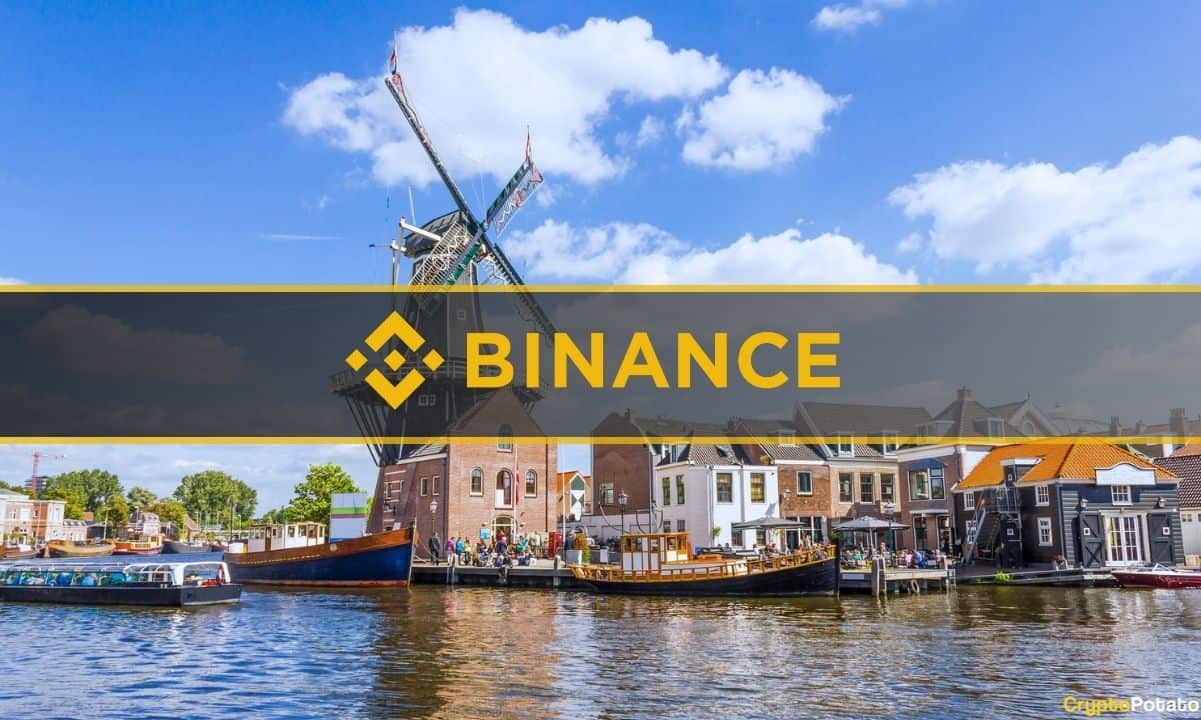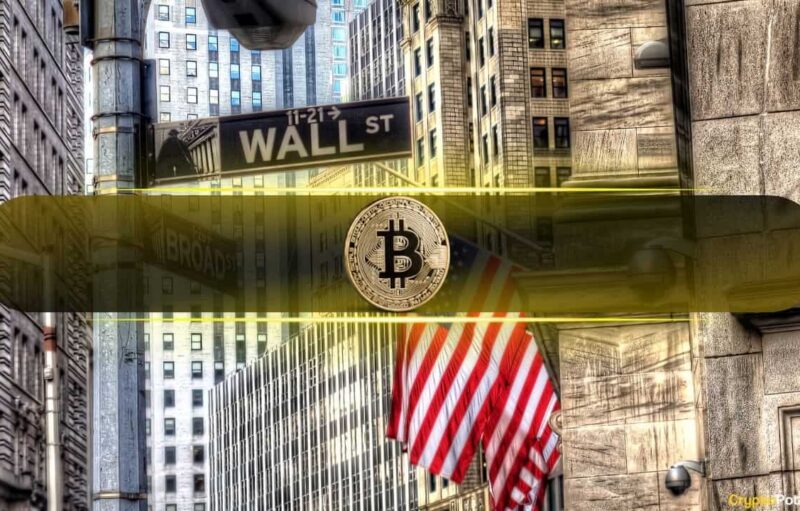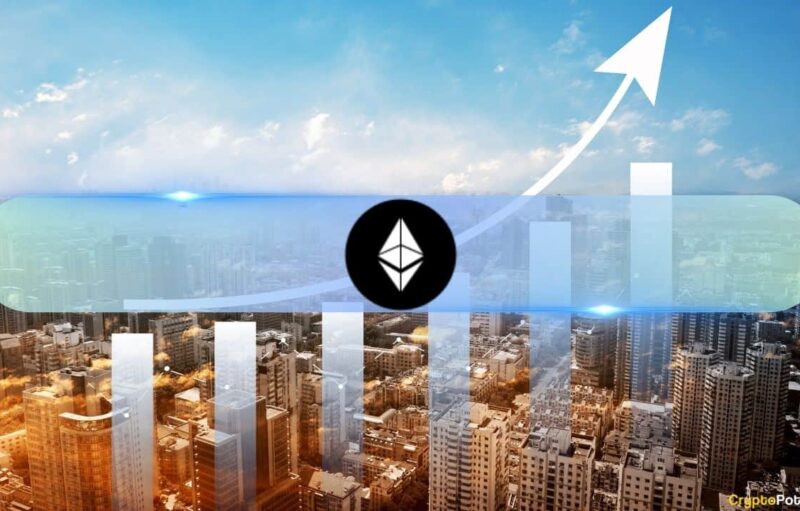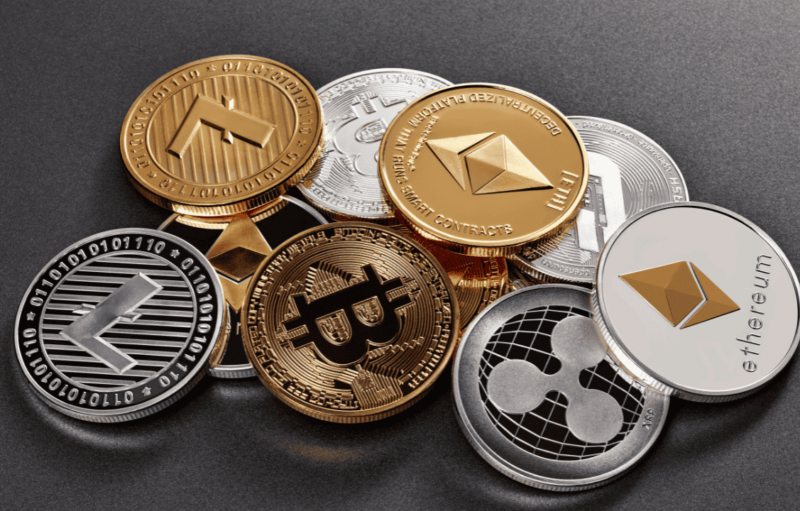

Mounting regulatory scrutiny has crippled the US operations of Binance, elsewhere, the crypto giant is encountering problems in securing a license as well.
In the major roadblock to its global expansion plans, Binance announced exiting the Netherlands after failing to secure a virtual asset service provider (VASP) license with the Dutch regulator.
- Announcing its departure from the Netherlands, Binance said it will stop accepting new users residing in the country as of June 16.
- The existing Dutch resident users, on the other hand, will only be able to withdraw their assets from the Binance platform starting from July 17. The exchange urged users to take appropriate action by withdrawing assets from their accounts within the given timeframe.
- Binance’s official statement reads,
“Binance has been in a comprehensive registration application process as a virtual asset service provider (VASP) with the Dutch regulator. Although we explored many alternative avenues to service Dutch residents in compliance with Dutch regulations, unfortunately, this has not resulted in a VASP registration in the Netherlands at this time.”
- The development comes almost a year after Binance was slapped with a $3.4 million fine from the Dutch central bank for operating in the country without registration.
- Despite the latest decision, the exchange said it will continue to engage “productively and transparently” with Dutch regulators.
- Excluding the Netherlands, the crypto exchange has scored regulatory approval in several EU countries, such as France, Italy, Spain, Poland, Sweden, and Lithuania.
- More recently, Binance announced the launch of a new blockchain hub in Georgia, dubbed “Web3 outpost,” in a bid to help it strengthen blockchain education and accelerate the adoption of crypto in the region.
Binance Free $100 (Exclusive): Use this link to register and receive $100 free and 10% off fees on Binance Futures first month (terms).
PrimeXBT Special Offer: Use this link to register & enter CRYPTOPOTATO50 code to receive up to $7,000 on your deposits.
The post appeared first on CryptoPotato






